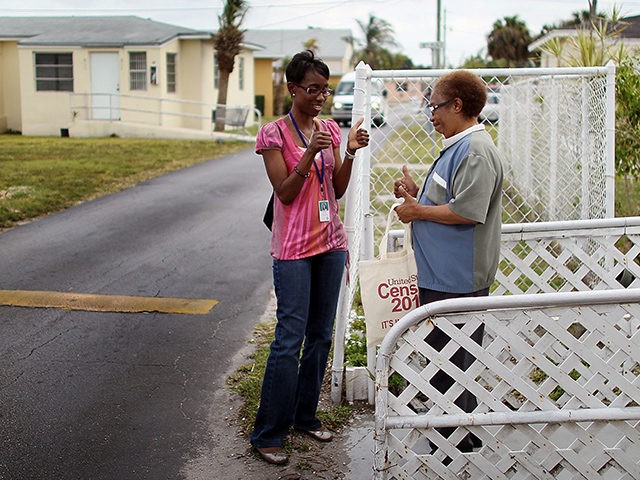A federal judge in New York blocked the Trump administration Tuesday from adding a question about citizenship to the 2020 United States Census.
U.S. District Judge Jesse Furman said that while a citizenship question is constitutional, Commerce Secretary Wilbur Ross failed to follow the correct procedure to include it in the forthcoming census. “Secretary Ross’s decision to add a citizenship question in the 2020 census — even if it did not violate the Constitution itself — was unlawful for a multitude of independent reasons and must be set aside,” Furman wrote in his 277-page opinion. “To conclude otherwise and let Secretary Ross’s decision stand would undermine the proposition — central to the rule of law — that ours is a government of laws, not of men.”
The question which Ross sought to add reads: “Is this person a citizen of the United States?” A question of such nature has not appeared on the census since 1950.
The issue of asking whether someone is a U.S. citizen on the 2020 census will likely end up in the 2nd U.S. Circuit Court of Appeals and, ultimately, the Supreme Court. Questions about citizenship status haven’t been asked by census takers since the 1950s.
The American Civil Liberties Union joined California and New York in fighting the citizenship question on grounds that undocumented immigrants might be afraid to respond to the census, resulting in an inaccurate tally.
Tuesday’s ruling came at a time the Trump administration is raising concerns of a humanitarian crisis at the southern border and requiring $5.7 billion to build a wall. The stalemate with Congress has caused the longest government shutdown in U.S. history.
Ross first proposed the citizenship question last March as a way to better enforce Voting Rights Act provisions that protect racial and language minorities from discrimination.
The administration is also facing five other lawsuits against the citizenship question, though they have not started yet.
Reacting to the rule, Heritage Foundation senior legal fellow Hans von Spakovsky, said federal law gives Ross the authority to select which questions should appear on the census. “It will also prevent us from getting accurate census data on citizens and noncitizens from across the country — since the ACS is limited in scope — which is vital in enforcement of the Voting Rights Act, distribution of federal funds and having an informed debate about immigration policy,” von Spakovsky said in a statement.
The issue of asking whether someone is a U.S. citizen on the 2020 census will likely end up in the 2nd U.S. Circuit Court of Appeals and, ultimately, the Supreme Court. Questions about citizenship status haven’t been asked by census takers since the 1950s.
The American Civil Liberties Union joined California and New York in fighting the citizenship question on grounds that undocumented immigrants might be afraid to respond to the census, resulting in an inaccurate tally.
Tuesday’s ruling came at a time the Trump administration is raising concerns of a humanitarian crisis at the southern border, and requiring $5.7 billion to build a wall. The stalemate with Congress has caused the longest government shutdown in U.S. history.
Ross first proposed the citizenship question last March as a way to better enforce Voting Rights Act provisions that protect racial and language minorities from discrimination.
The administration is also facing five other lawsuits against the citizenship question, though they have not begun.
The case is State of New York v. United States Department of Commerce, No. 1:18-cv-02921-JMF in the U.S. District Court for the Southern District of New York.
United Press International contributed to this report.

COMMENTS
Please let us know if you're having issues with commenting.